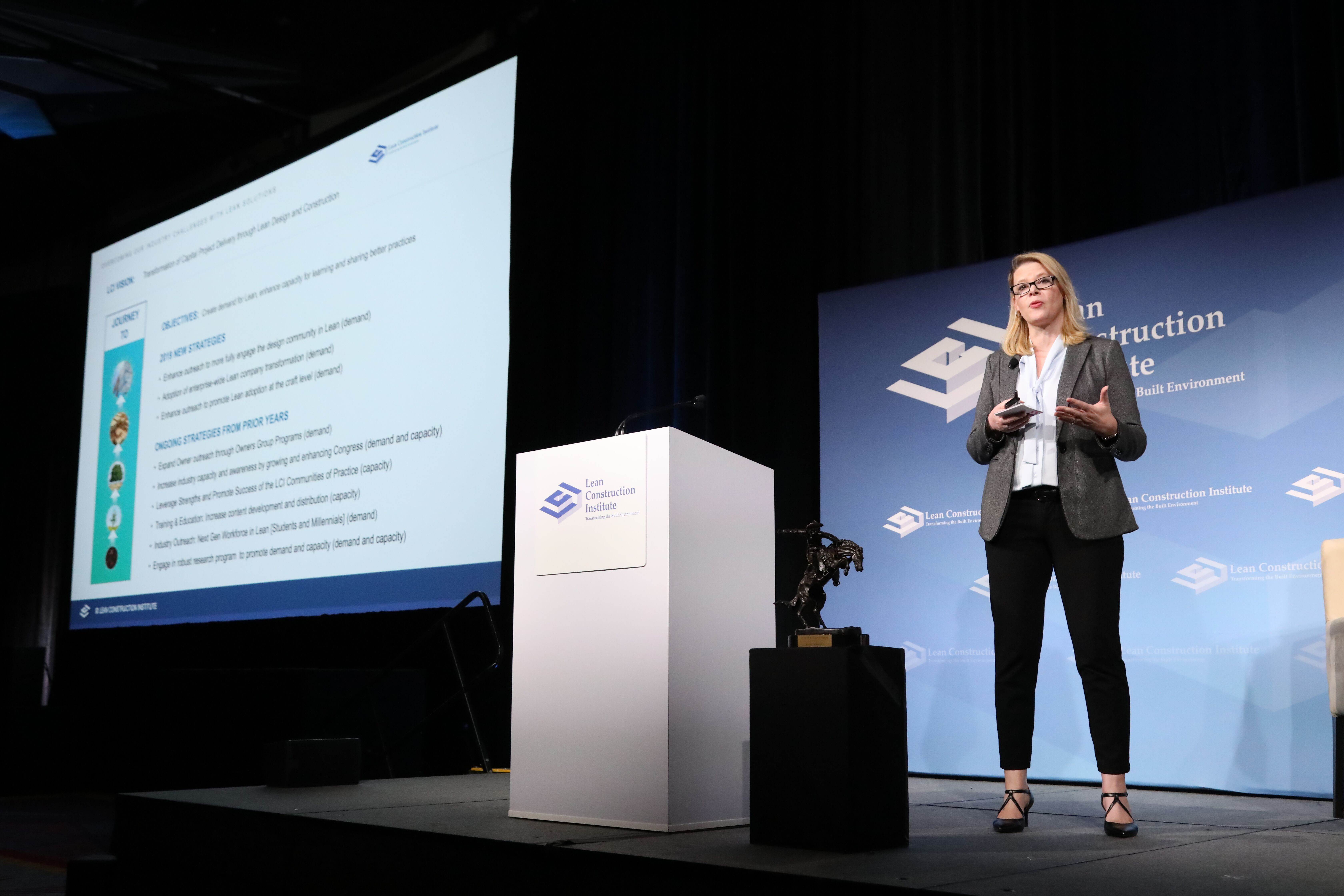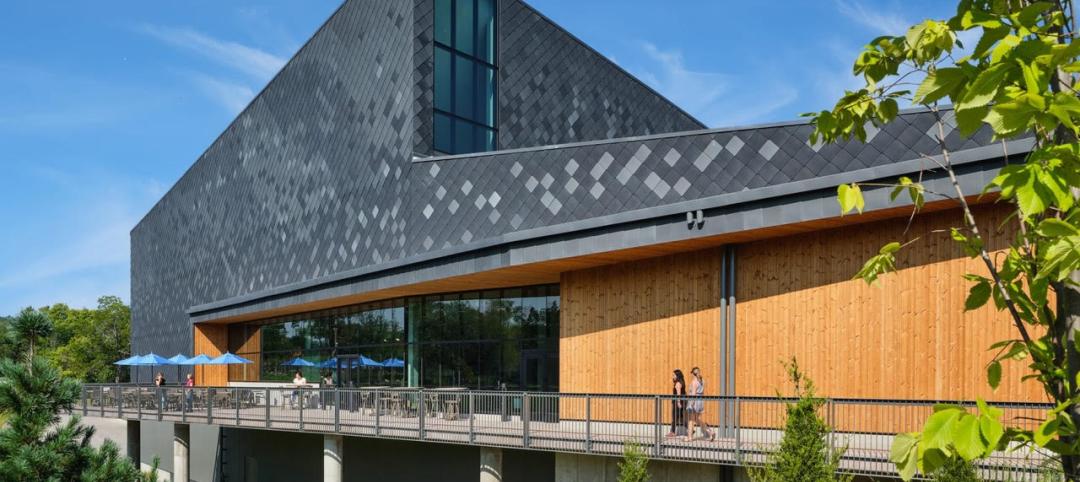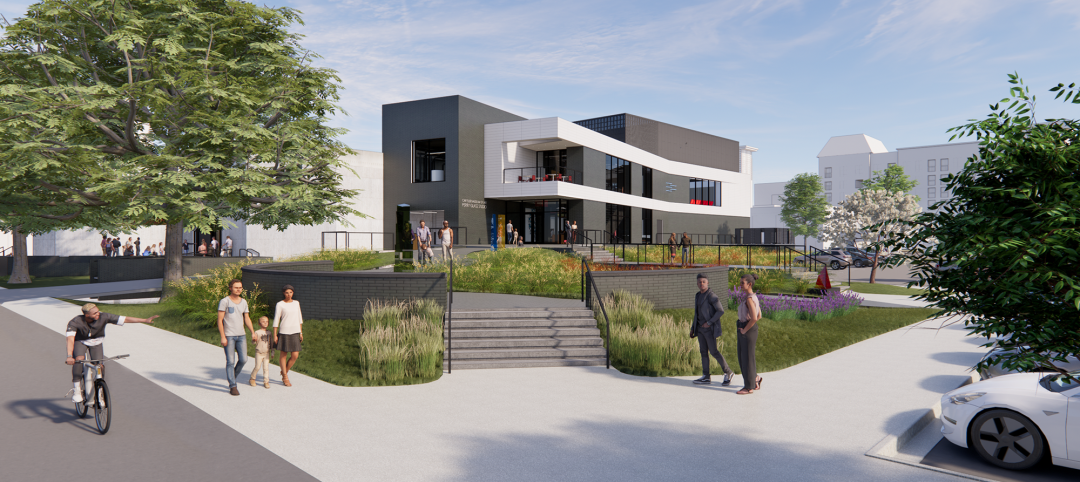The building design and construction industry must embrace change now. Stresses with finding talent, budgets, schedules, and the needs of clients call for change in approach. Companies are looking not only at how we work, but how we work with others.
My role as Chief Process Officer at HKS has allowed me to take a critical look at our operations within the firm, how we embrace our role in the design process, and how we set up our talent for success. This year, I combined that role with chairing the Board of the Lean Construction Institute, which allowed me to have conversations about the industry while tackling those same conversations within the firm.
The 2019 Lean Construction Institute Congress, held in Fort Worth, Texas, Oct. 14-18, was attended by more than 1,600 owners, architects, consultants, engineers, constructors, and trade contractors. LCI Congress featured more than 30 educational sessions and 75 presentations focused on Lean in the design and construction industry. I attended many of these sessions and offer the following takeaways, all of which focus on how we build stronger teams and contribute more value to our clients:
• More is not more: The opening keynote was not from a well-versed-in-Lean evangelist. Greg McKeown, author of Essentialism, The Disciplined Pursuit of Less, spoke about the power of less but better. He challenged us with these simple steps:
1. Explore. What is something essential for you right now that you are under-investing in?
2. Eliminate. What is something nonessential that you are over investing in?
3. Execute. How can you make it as easy as possible to transition the time you spend to the essential things?
Lean thinking encourages teams to add value (essential) by eliminating waste (non-essential) from all work efforts. McKeown’s insight can help us recognize and identify simply what is easy for us to do—take on more that is nonessential. As part of a team, agree together on what is essential and nonessential, get consensus, and build more value.
• Integrate evidence-based design through Lean thinking: Lean encourages value-based decision making with an all-team collaborative work environment. Evidence-based design reinforces the idea that we should be making decisions built on proven research. Using Lean methods for research, understanding customer needs, and applying the EBD research to solve problems is a pairing that maximizes the team’s efforts.
• This is a humble place—leave your egos at the door: The LCI Congress is a unique gathering of owners, designers, developers, project coaches, contractors, and trade contractors to discuss what worked and what didn’t with their projects. They share their mistakes—and how to fix them—even with competitors. The same for project teams. Multiple case studies presented their project stories, discussing their successes and failures. Teams represented different companies and disciplines of work but talked as one unit. The overall message: To effectively solve problems we must use our expertise, not our egos.
Also see: Movers + Shapers Report - Lean and Mean
• We are here to learn: Mike Staun, formerly with Proctor and Gamble, talked about the most pressing challenges in construction today and how Lean IPD can solve them. Stan Davis and Shernette Kydd with Cook Children’s Medical Center talked about strategic thinking with both healthcare project delivery and healthcare delivery. Merck’s journey, told by George Cusick, focused on growth demands based on customers’ needs and how working with Tier 1 construction partners helped meet those needs. No one claimed to have all the answers, but they all wanted to learn.
• Building relationships is the key: Our projects serve a greater purpose; they serve communities and the people in them. Engaging with the community for a purpose bigger than ourselves is an easy way to build strong relationships on teams. Teams that have strong relationships and Lean cultures of improvement can openly tackle problems and find innovative solutions. And they perform better.
• Mental health is a construction industry issue: Building design and construction can be a stressful profession. Statistics shared at the Congress showed that the construction suicide rate is four times the national average and is the leading cause of construction fatalities. The decline in talent entering related fields, the stress of budgets and schedules, and increased expectations add to those strains. We should watch out for our team members and the warning signs of depression, and encourage them to get help.
• Have fun: Whether it was in the Advanced Practitioners session, where industry leaders shared ideas, or in individual presentations, bringing back the fun was a common theme at LCI Congress. Developing a strong bond with your project team, regardless of your background, allows you to solve conflicts and still have fun.
Related Stories
Cultural Facilities | Mar 27, 2024
Kansas City’s new Sobela Ocean Aquarium home to nearly 8,000 animals in 34 habitats
Kansas City’s new Sobela Ocean Aquarium is a world-class facility home to nearly 8,000 animals in 34 habitats ranging from small tanks to a giant 400,000-gallon shark tank.
Market Data | Mar 26, 2024
Architecture firm billings see modest easing in February
Architecture firm billings continued to decline in February, with an AIA/Deltek Architecture Billings Index (ABI) score of 49.5 for the month. However, February’s score marks the most modest easing in billings since July 2023 and suggests that the recent slowdown may be receding.
Cultural Facilities | Mar 26, 2024
Renovation restores century-old Brooklyn Paramount Theater to its original use
The renovation of the iconic Brooklyn Paramount Theater restored the building to its original purpose as a movie theater and music performance venue. Long Island University had acquired the venue in the 1960s and repurposed it as the school’s basketball court.
Adaptive Reuse | Mar 26, 2024
Adaptive Reuse Scorecard released to help developers assess project viability
Lamar Johnson Collaborative announced the debut of the firm’s Adaptive Reuse Scorecard, a proprietary methodology to quickly analyze the viability of converting buildings to other uses.
Security and Life Safety | Mar 26, 2024
Safeguarding our schools: Strategies to protect students and keep campuses safe
HMC Architects' PreK-12 Principal in Charge, Sherry Sajadpour, shares insights from school security experts and advisors on PreK-12 design strategies.
Green | Mar 25, 2024
Zero-carbon multifamily development designed for transactive energy
Living EmPower House, which is set to be the first zero-carbon, replicable, and equitable multifamily development designed for transactive energy, recently was awarded a $9 million Next EPIC Grant Construction Loan from the State of California.
Museums | Mar 25, 2024
Chrysler Museum of Art’s newly expanded Perry Glass Studio will display the art of glassmaking
In Norfolk, Va., the Chrysler Museum of Art’s Perry Glass Studio, an educational facility for glassmaking, will open a new addition in May. That will be followed by a renovation of the existing building scheduled for completion in December.
Sustainability | Mar 21, 2024
World’s first TRUE-certified building project completed in California
GENESIS Marina, an expansive laboratory and office campus in Brisbane, Calif., is the world’s first Total Resource Use and Efficiency (TRUE)-certified construction endeavor. The certification recognizes projects that achieve outstanding levels of resource efficiency through waste reduction, reuse, and recycling practices.
Office Buildings | Mar 21, 2024
Corporate carbon reduction pledges will have big impact on office market
Corporate carbon reduction commitments will have a significant impact on office leasing over the next few years. Businesses that have pledged to reduce their organization’s impact on climate change must ensure their next lease allows them to show material progress on their goals, according to a report by JLL.

















